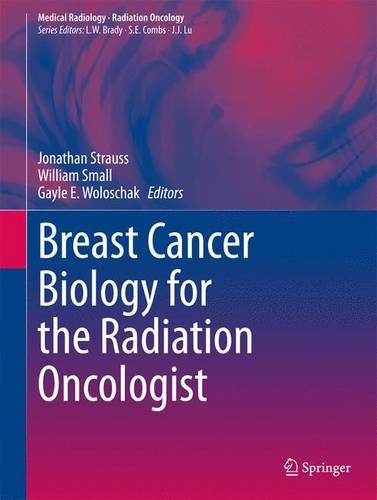

Most ebook files are in PDF format, so you can easily read them using various software such as Foxit Reader or directly on the Google Chrome browser.
Some ebook files are released by publishers in other formats such as .awz, .mobi, .epub, .fb2, etc. You may need to install specific software to read these formats on mobile/PC, such as Calibre.
Please read the tutorial at this link: https://ebookbell.com/faq
We offer FREE conversion to the popular formats you request; however, this may take some time. Therefore, right after payment, please email us, and we will try to provide the service as quickly as possible.
For some exceptional file formats or broken links (if any), please refrain from opening any disputes. Instead, email us first, and we will try to assist within a maximum of 6 hours.
EbookBell Team

0.0
0 reviewsThis is the first textbook of its kind devoted to describing the biological complexities of breast cancer in a way that is relevant to the radiation oncologist. Radiation Oncology has long treated breast cancer as a single biological entity, with all treatment decisions being based on clinical and pathologic risk factors. We are now beginning to understand that biological subtypes of breast cancer may have different risks of recurrence as well as different intrinsic sensitivity to radiotherapy. Multi-gene arrays that have for years been used to predict the risk of distant recurrence and the value of systemic chemotherapy may also have utility in predicting the risk of local recurrence. Additionally, the targeted agents used to treat breast cancer may interact with radiotherapy in ways that can be beneficial or undesirable. All of these emerging issues are extensively discussed in this book, and practical evidence-based treatment recommendations are presented whenever possible.